Kei Hirata Is Inspiring The Next Generation
From Cheerleader To Cross-Cultural Influencer
Kei Hirata, a dance community leader, choreographer and podcaster, is a beacon of positivity in both her professional and personal life.
After graduating from Kanda University of International Studies, Kei Hirata was a cheerleader with the United States National Basketball Association team Oklahoma City Thunder (OKC Thunder) before burnout forced her to return to her native Japan. Once on the road to recovery, she joined the Niigata-based Albirex Cheerleaders and made a comeback on the cheer squad at OKC Thunder, later becoming a game-day assistant for the team.
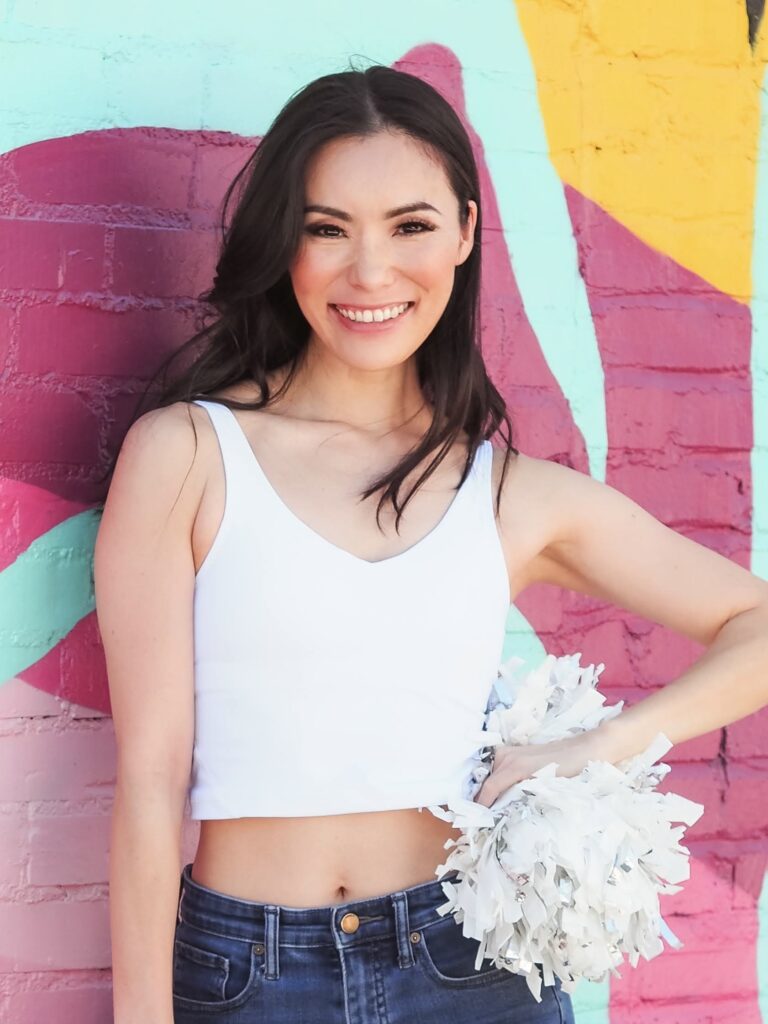 © Photo by courtesy of Kei Hirata
© Photo by courtesy of Kei HirataIn June, Hirata retired from both the OKC Thunder and Albirex to pursue new projects, determined that others learn from her experiences related to mental health and the pursuit of wellness. Savvy Tokyo spoke to her to find out more about her work.
What did your role at OKC Thunder involve?
I was responsible for communicating with the coaches and performers before and during the game, following the timetable for executing the entertainment program as it progressed.
Get comfortable being uncomfortable.
Before game day, I communicated with my supervisor and other assistants via text, email and phone calls; on game day, I used a radio. It was tough sometimes, but I followed one of my mottos, “Get comfortable being uncomfortable.” I want to continue to challenge myself with what is unfamiliar to me.
What skills did you use as a cheerleader?
Of course, dance skills, but they’re not the only criteria required to be a professional cheerleader. Auditions include an interview as well as a public speaking component. Once accepted, I had to communicate a lot with my teammates and coaches. In addition, when not on the basketball court, I represented the team in various community outreach programs. The number of opportunities to interact with fans and people in the community is five times greater than the opportunities to perform at games.
What was the most enjoyable thing about working as a cheerleader?
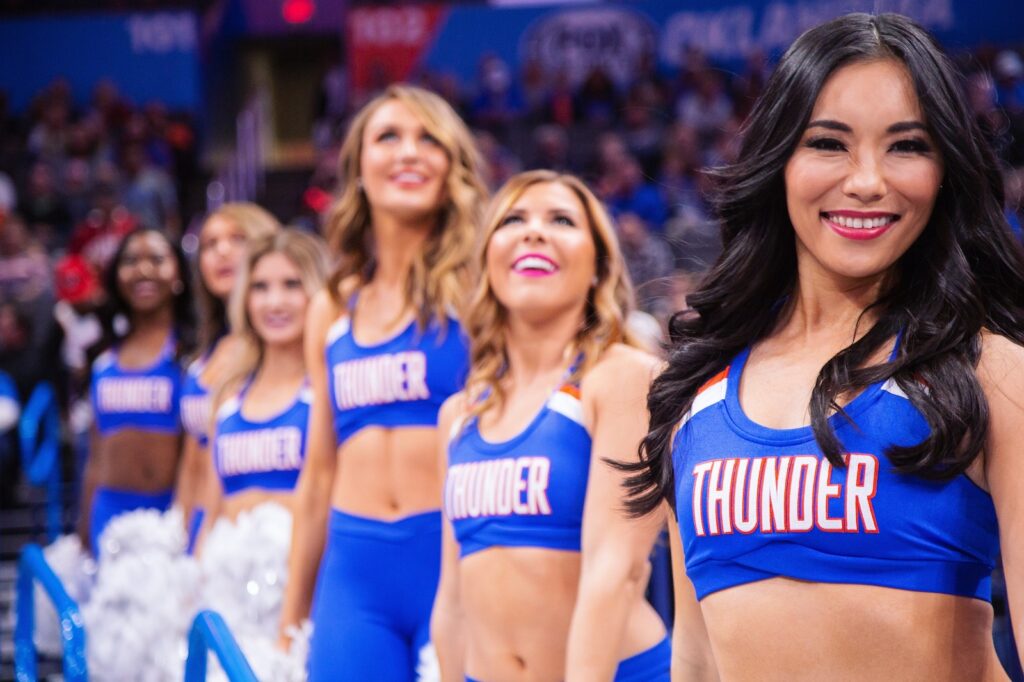 © Photo by courtesy of Kei Hirata
© Photo by courtesy of Kei HirataThe OKC Thunder Girls spend time in the community when not on the basketball court. I have visited countless non-profit organizations, schools and other groups, and have enjoyed interacting with Thunder fans and people in the community.
And the most challenging thing?
I was not very good at small talk, even in Japanese at the time. I had even less experience with small talk in English, so meeting and interacting with lots of new faces and having to have small talk with them was something I felt uncomfortable with — I found it quite a challenge.
What lessons have you learned through your work?
Looking back, I should have enjoyed the moment as a cheerleader more, rather than be concerned about fluency in English. Today, I am more comfortable starting a conversation in English with someone I meet for the first time. I have made genuine heart and soul connections with the fans and people in the community I have met over the past seven years.
How do you face opportunities and challenges?
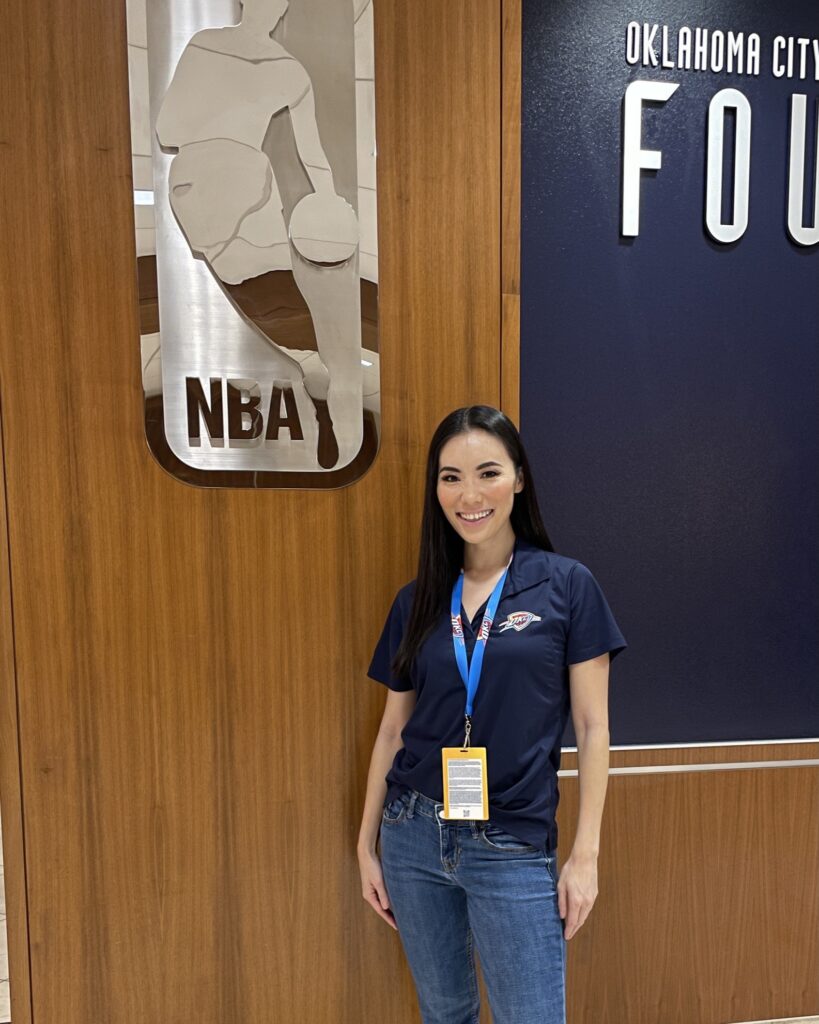 © Photo by courtesy of Kei Hirata
© Photo by courtesy of Kei HirataI always keep my mind open and say yes to opportunities that come my way. My approach to life is “Be your own cheerleader.” Whenever I begin to doubt myself and feel like giving up, I always give myself a pep-talk, to remind myself that there must still be some potential where I can grow. I would say, if you have a one percent chance of success, I encourage you to take the opportunity. Every experience is something to build on.
You give speeches to children on the topic of “Being different is a superpower.” Why is that your message?
I was born and raised in Japan. I didn’t grow up in an environment that encouraged individuals to freely express their opinions, especially when they differed from the norm. In Japanese society, there is a sort of peer pressure that we all need to blend in with others.
I used to grapple with complex feelings about being the only international dancer on the team, someone who didn’t speak English perfectly and didn’t share the same cultural background as my teammates. For a significant period, I struggled to be honest and express my thoughts openly in front of my teammates and coach. This internal struggle led me to believe that I wasn’t enough to be part of the team due to language and personal barriers.
Sometimes, the things we wish to convey don’t need to be spoken—they can simply be demonstrated.
As my journey with the team continued, I began to notice that my coach and teammates valued my consistent preparedness for practice and games, my exceptional care for my uniforms, and my deep respect for both time and others. It became clear to me that English language proficiency was not the primary factor in building trust; it was one’s personality that truly mattered. Sometimes, the things we wish to convey don’t need to be spoken—they can simply be demonstrated. This realization boosted my confidence and, for the first time, I felt that it was perfectly fine to be different from my teammates. I came to understand that the uniqueness I brought to the team were assets that contributed to creating a dynamic and diverse group.
This is precisely why I firmly believe that being different is a superpower, and I am committed to passing this message on to young children.
What are you most proud of?
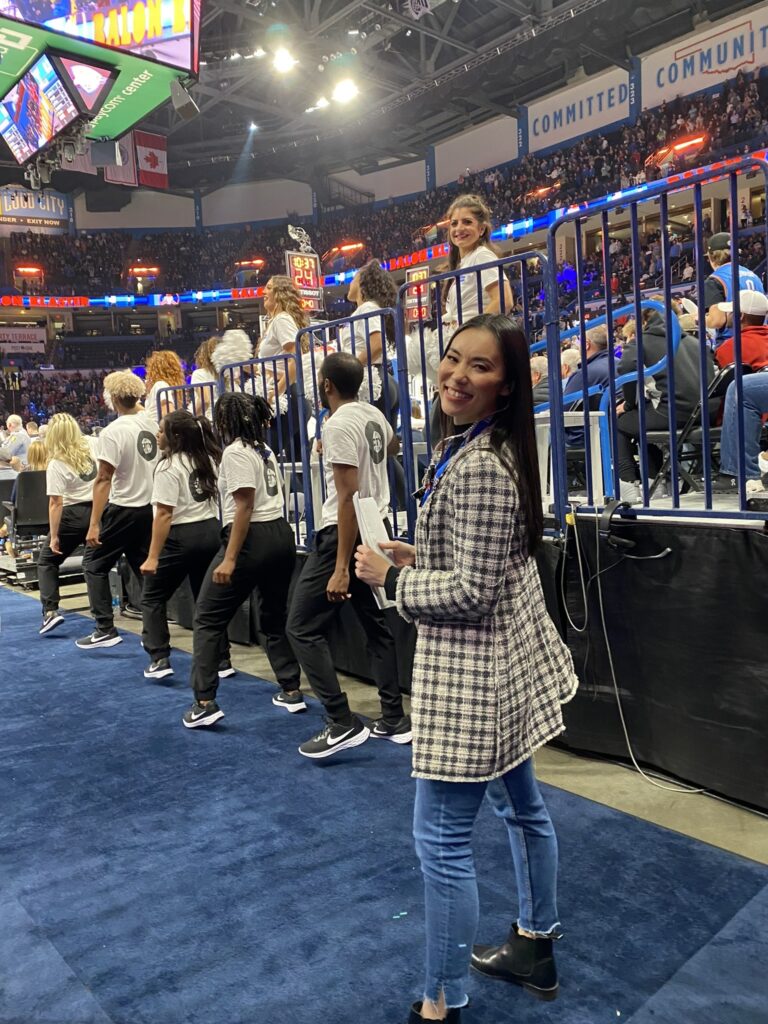 © Photo by courtesy of Kei Hirata
© Photo by courtesy of Kei HirataReflecting on my journey and the pursuit of my dream to work professionally in pro sports in the United States, I initially believed that my proudest moments would revolve around tangible achievements such as winning awards, representing the team on international trips, being named a co-captain or being recruited as a game day assistant.
However, with the benefit of hindsight and a deeper understanding of my time in the NBA, I’ve come to realize that these accomplishments, while significant, may not be the defining highlights of my career.
What I am truly most proud of is my ability to overcome challenges and persist in following my passion, even when my life didn’t unfold as originally planned or hoped.
Life is an unpredictable journey filled with both highs and lows. What I am truly most proud of is my ability to overcome challenges and persist in following my passion, even when my life didn’t unfold as originally planned or hoped.
What are you working on now?
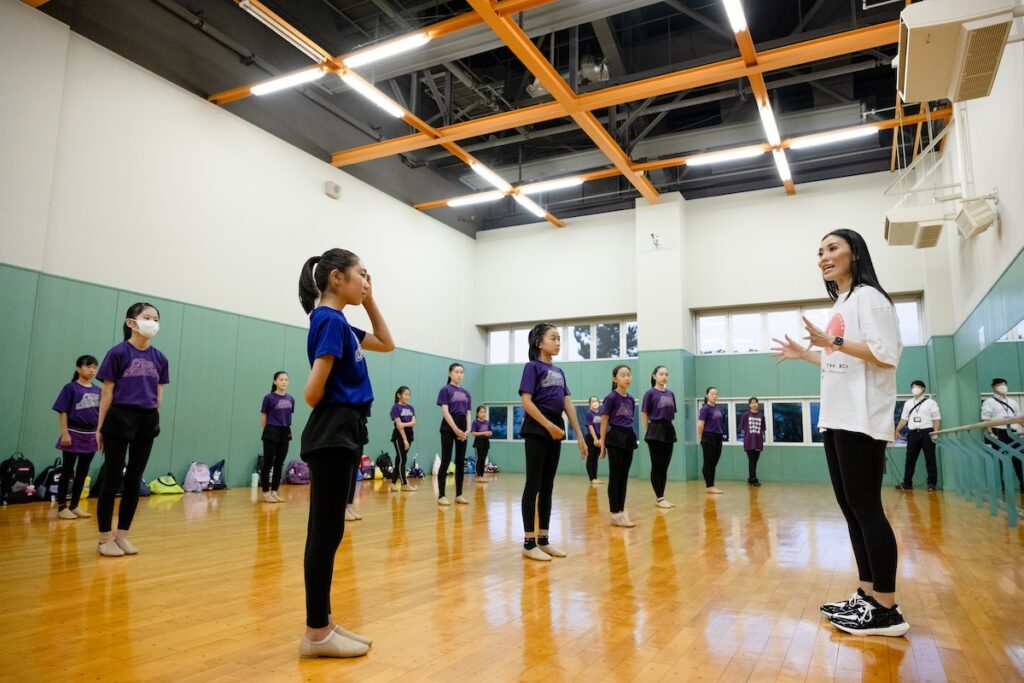 © Photo by courtesy of Kei Hirata
© Photo by courtesy of Kei HirataMy dance community called Dance with Kei aims to empower women and children to discover their true potential through dance. The Japan tour in June 2023 was a resounding success, as I had the privilege of sharing my love of dance with over 120 dancers in six cities. The experience was truly unforgettable. Building on my passion for giving back to the community during my time with the OKC Thunder, Dance with Kei has now become my primary platform for continuing to make a positive impact and leave a lasting legacy.
In my role as a freelance choreographer and advisor, I offer game-day choreography and insights into sports entertainment in the U.S. to collegiate and professional dance teams, including those affiliated with professional basketball, soccer and ice hockey teams in Japan.
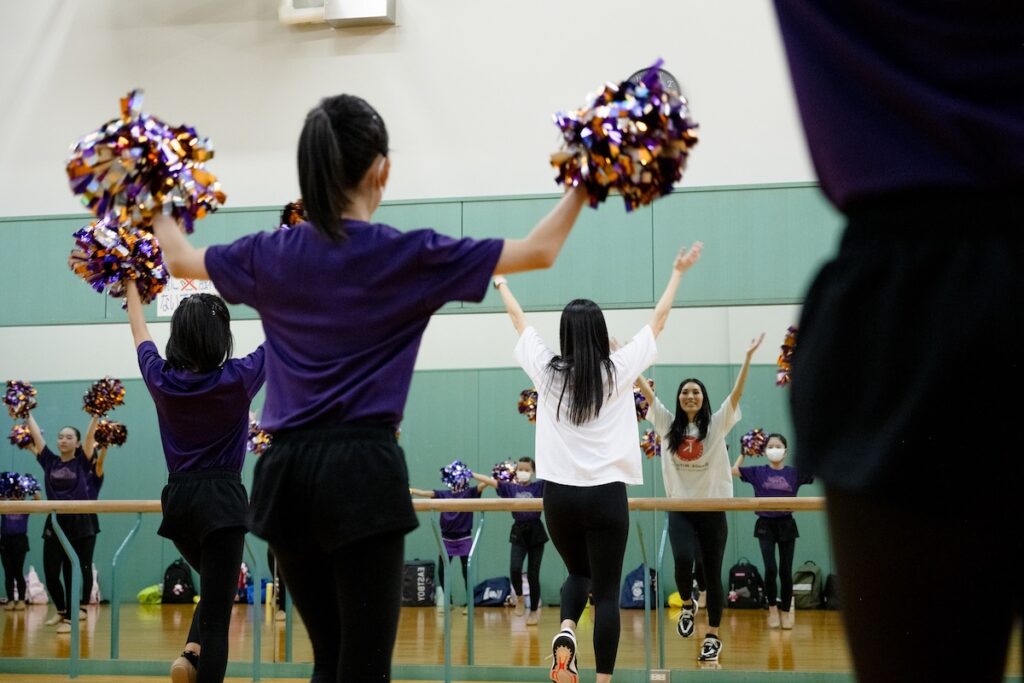 © Photo by courtesy of Kei Hirata
© Photo by courtesy of Kei HirataLastly, I am thrilled to announce my brand-new podcast, “Hirakei Podcast,” which debuted at the end of October. It is derived from my name, Hira(ta) and Kei, and in Japanese, hirake represents a fresh start and beginning; I hope this podcast gives listeners some inspiration to take action toward what they wish for in life! In this podcast, I will share my personal stories and the life lessons I’ve learned from nearly a decade of speaking at schools and corporate events. I’m very excited about this new platform, which will allow me to connect with people on a deeper level, and I hope that each episode will inspire listeners to feel empowered.
Take a listen to her podcast introduction below:
Savvy Spotlight is a monthly feature introducing foreign and Japanese women at the frontline of what’s successful, contributing, cool, unique and interesting in the city. If you have anyone in mind you would like us to interview, leave us a comment below with your recommendations!












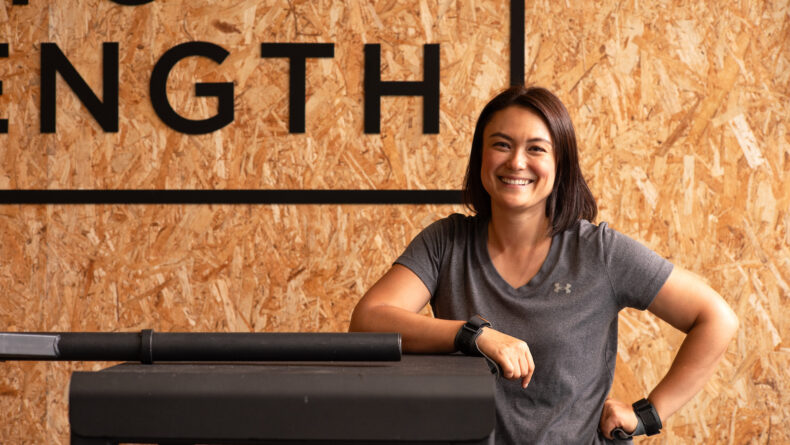
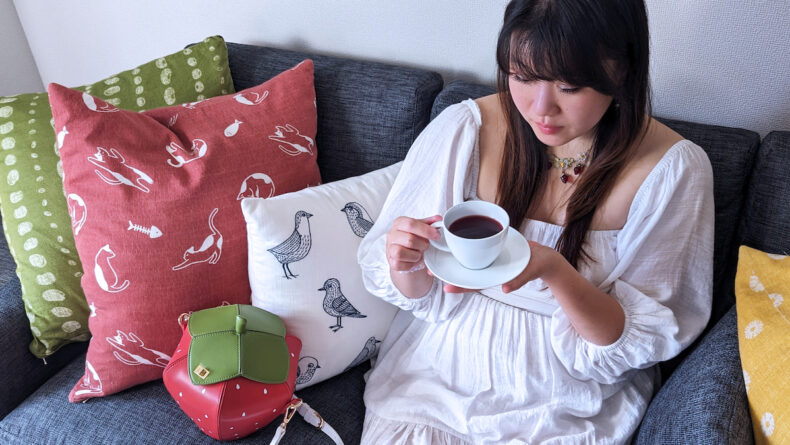
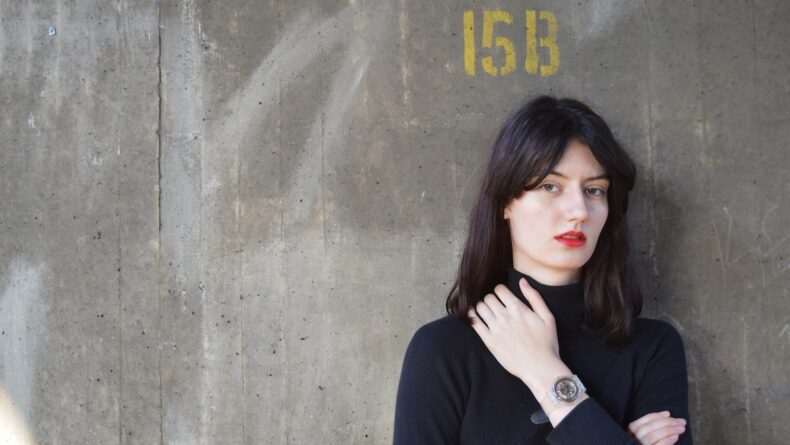
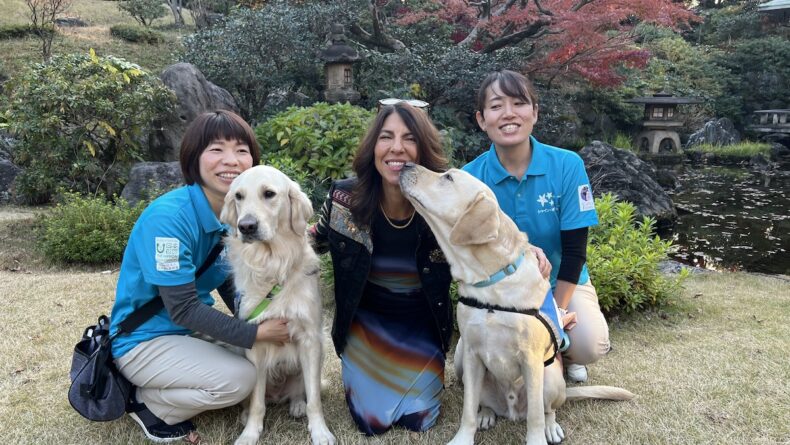
Leave a Reply